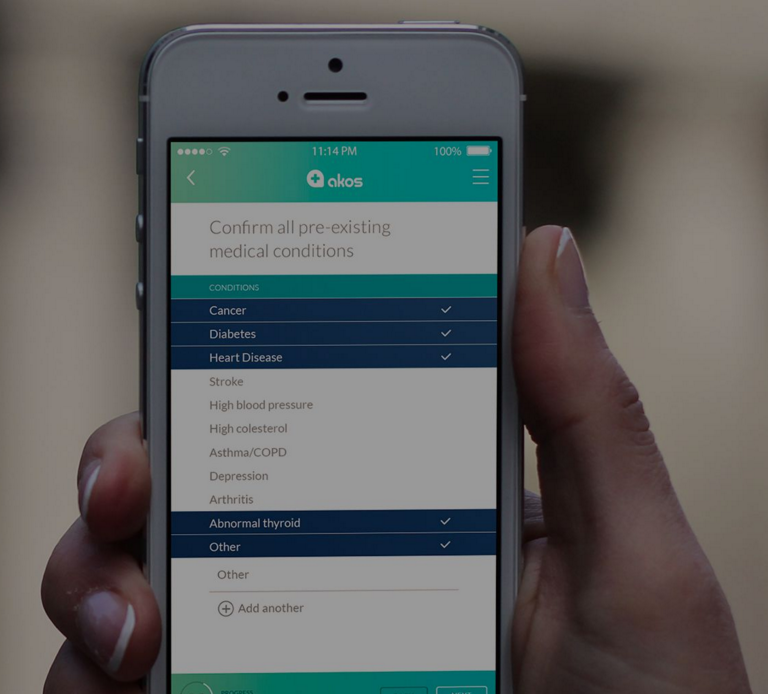
By Robb Leigh, Akos
Allergy season is in high swing. But while a runny nose, persistent cough and skin irritation can often be chopped up to pesky allergies, they can also be symptoms of something else.
According to researchers at the Allergy and Asthma Foundation of America, allergies affect as many as 30 percent of adults and 40 percent of children. Because of their prevalence, however, many patients are quick to assume that their symptoms are the result of these environmental irritants. It is often when the symptoms persist that patients begin to suspect a different underlying cause.

Whether it’s seasonal allergies, a sudden flu or a cold in disguise, determining the source of your symptoms is key to getting proper treatment and relief. Some of the most common allergens include:
● Pollen
● Dust mites
● Pet dander
● Mold
● Insects
Of course, understanding the various types of allergies is just the first step. To help you decide whether your symptoms are allergen-based or indicators of something more serious, consider following:
Who, What, Where, When
If you notice that your symptoms reoccur during a specific time of year – say, in the spring when pollen counts are high – or even at a specific location – perhaps at the home of a friend who owns a cat – there is a strong chance that you’re dealing with allergies.
Try keeping a diary to track your activity and pinpoint the factors that trigger your symptoms. This includes the food or beverages you ingest, cosmetic products you apply, locations you visit, animals you encounter and, of course, the time of year you experience your symptoms. Once you identify your allergens, you’ll be better able to avoid them or take medication to preemptively treat them.
If, however, you feel that your symptoms are occurring regardless of these environmental factors, the root cause could be something else, and treating your condition with the wrong medication could be prolonging your symptoms – or even making them worse! That’s why speaking to a qualified doctor is crucial to ensuring that you receive an accurate diagnosis and treatment plan.

If you think you may be suffering from seasonal allergies, contact your physician for a further diagnosis and treatment. If traditional in office medical visits are not convenient for you and your family, consider trying telemedicine for convenient and affordable treatment. Akos, for example, is a local telemedicine provider that is available 24/7, 365 days a year, with board-certified physicians who can diagnose and treat within minutes from your smartphone or tablet. Download the Akos app today from the App Store or Google Play and use offer code ALLERGY50 to receive 50 percent off your first physician consult.
For more information, visit www.AkosMD.com.






